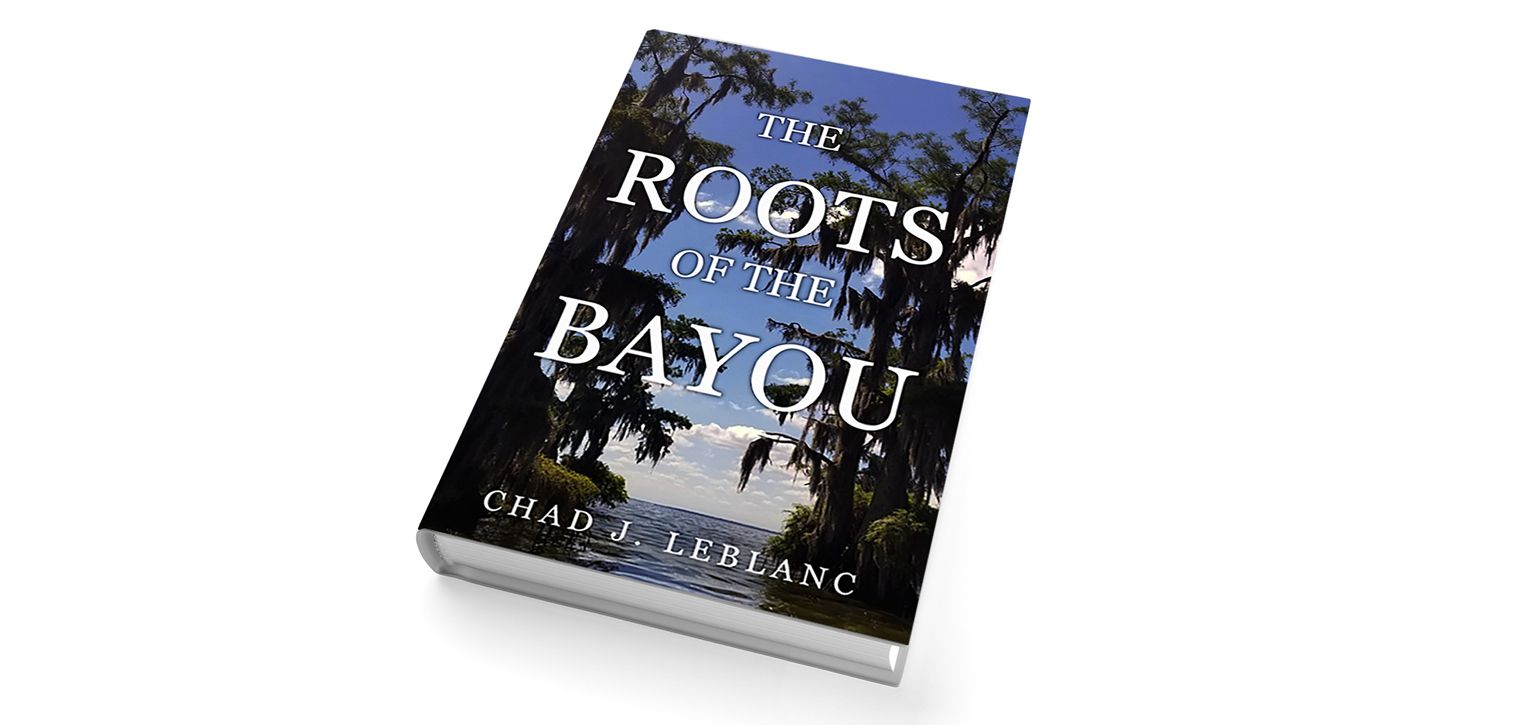Off the Page: ‘The Roots of the Bayou’
Raise your hand if you’ve encountered any longtime Louisianans bearing the names Breaux, LeBlanc, Thibodeaux or Hebert. OK, OK, maybe that was too easy. What about Ascano, Rivero, Placencia or Trujillo? Not so much? Well, maybe it’s because you’ve encountered them instead by their contemporary spellings: Eskine, Rivere, Plaisance or Truxillo—just a handful of the Spanish surnames hiding in plain sight among our state’s Cajun descendants of Le Grand Dérangement, Great Britain’s 1755 exile of French-speaking Acadians from their Canadian homeland. For these Iberian identities, we can thank the Canary Islanders—Spanish citizens from the small archipelago off the coast of Morocco who, like the Acadians, found themselves far from home in a search for a new life in the late 18th century—albeit under vastly different circumstances.
In author and amateur genealogist Chad J. LeBlanc’s newest book, The Roots of the Bayou: Acadians and Isleños on Bayou Lafourche, the Pierre Part native and Gonzales resident traces the histories and unions between these two groups central to so many Louisianans’ ethnic heritage. But the result is no history textbook. Instead, LeBlanc harked back to his own distant ancestors—the Acadian Joseph Ursin LeBlanc and the Isleño (or Canary Islander) Andres Gonzales Perera—to craft a work of historical fiction featuring original characters inspired by real-life people uncovered during his research.
“As a kid, I found out that my mom’s family came from the Canary Islands, and I was always fascinated by that,” says LeBlanc, who is now president of the Canary Islanders Heritage Society of Louisiana and whose previous book also focused on the history of the Isleños who came to Louisiana in search of work. “When I started researching and reading more back in 2013, I could count on one hand the amount of people who seemed to know about the Isleños’ history here, or about all the stops in England and France the Acadians went through before settling in Louisiana. I just wanted to raise awareness about all of this shared history.”
Through chapters marked by year and location, and through the eyes of characters like the fictional Joseph and Andres, LeBlanc invites readers to imagine for themselves the exile and assimilation, death and birth, that those people experienced.
“Even if your last name is Anderson or Smith, you still have two grandmothers and four great-grandmothers. And if your family has been in Louisiana since the 1800s, chances are you’ve got some Cajun last names in your tree, and you’ve probably got some Isleño ones, too,” says LeBlanc. “This is how you got here. This is your story.”












